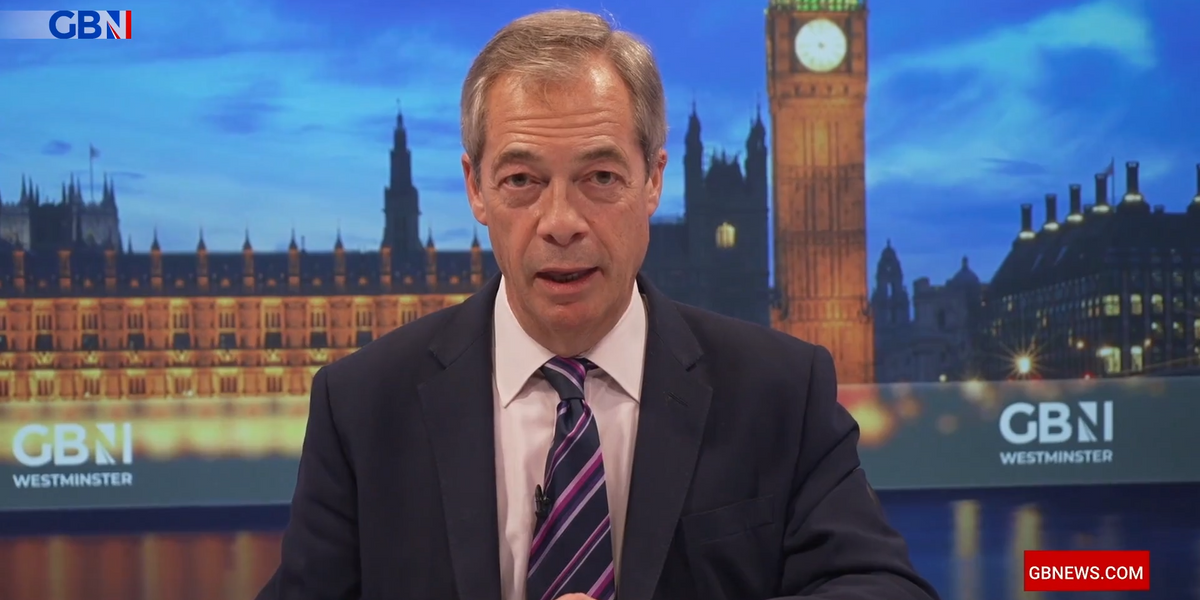
Carolyn Hebbard | Flickr | Getty Images
A few weeks ago I noted the market contradiction between the and the .The stock market was making new 10-year highs but the currency was posting significant lows.
There was a contradiction, and a question arose: Who is the dominant partner in this relationship?
Well the answer is now in, and it’s the Australian dollar.
The collapse of the AUD pointed the way for the substantial retreat in the Australian market. As much as Australians like to think that U.S. President Donald Trump’s trade battles have no impact on their country, the reality is very different. Australia, a close ally of the U.S., is just so much collateral damage.
The Australian market is not immune from self-inflicted wounds, too. The misconduct in the banking and insurance sectors being revealed by the Hayne Royal Commission is undermining the companies that make up the bulk of the Australian market index.
Traders who were alert for evidence of a pullback in the Australian market went short as the Aussie dollar failed to hold support near $0.74. The AUD is a lead indicator for the Australian market.
The Australian dollar broke the long-term uptrend in April and quickly developed a substantial downtrend. It reached 12-month lows at $0.74 and rapidly reached two-year lows near $0.715.
A fall below $0.74 has a downside target near $0.715. That target is established using the support area tested in 2016 and 2017. The consolidation near $0.715 is weak. The short-term GMMA is well separated, suggesting that traders are committed sellers.
There is a low probability of a rally rebound toward $0.74. Traders fade the rally for a move toward the next support level near $0.69.
There is a weak relationship between Australian dollar weakness and U.S. dollar strength. Rather, the impact on the Australian dollar flows from revelations about the country’s financial sector and the fallout from Trump’s ramping up for tariffs. What hurts China hurts Australia and that’s before tariffs are directed specifically at Australia.
Daryl Guppy is a trader and author of Trend Trading, The 36 Strategies of the Chinese for Financial Traders, which can be found at www.guppytraders.com. He is a regular guest on CNBC Asia Squawk Box. He is a speaker at trading conferences in China, Asia, Australia and Europe. He is a special consultant to AxiCorp.
For more insight from CNBC contributors, follow @CNBCopinion on Twitter.

24World Media does not take any responsibility of the information you see on this page. The content this page contains is from independent third-party content provider. If you have any concerns regarding the content, please free to write us here: contact@24worldmedia.com
Latest Posts

Nigel Farage threatens NatWest with court proceedings to resolve debanking scandal


Amazon delivery driver ‘desperate’ for toilet smashed head on into car

Ricky Norwood set for ITV Dancing on Ice axe as dance expert exposes worrying ‘narrowing down’ trend


HMRC to give hundreds of thousands of households a £300 tax-free payment from today

The culpability for this recession must surely lie with the Bank of England

BBC The Apprentice viewers slam ‘awkward editing’ as contestant cut from spin-off show

BBC to air Steve Wright’s final Top of The Pops appearance amid backlash for treatment of late star

I point the finger of blame far more at the Bank of England than the government on recession